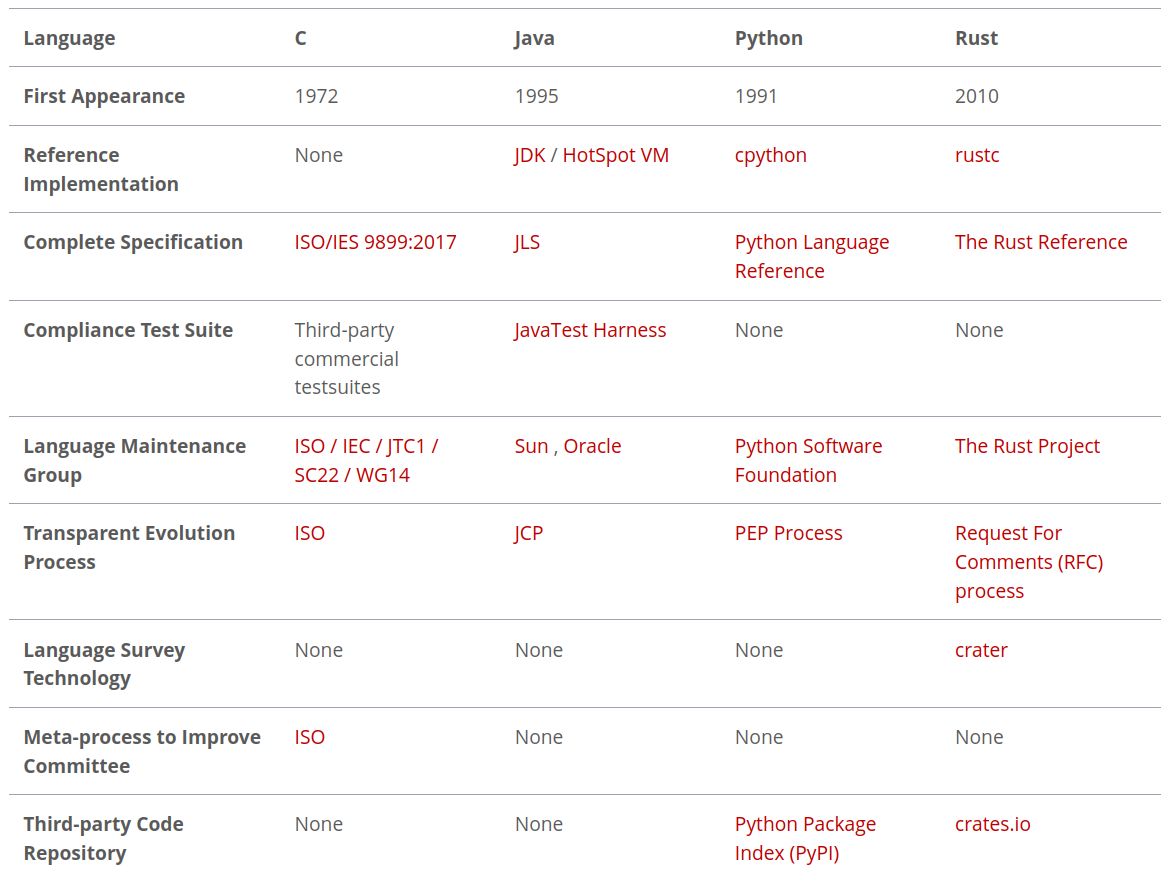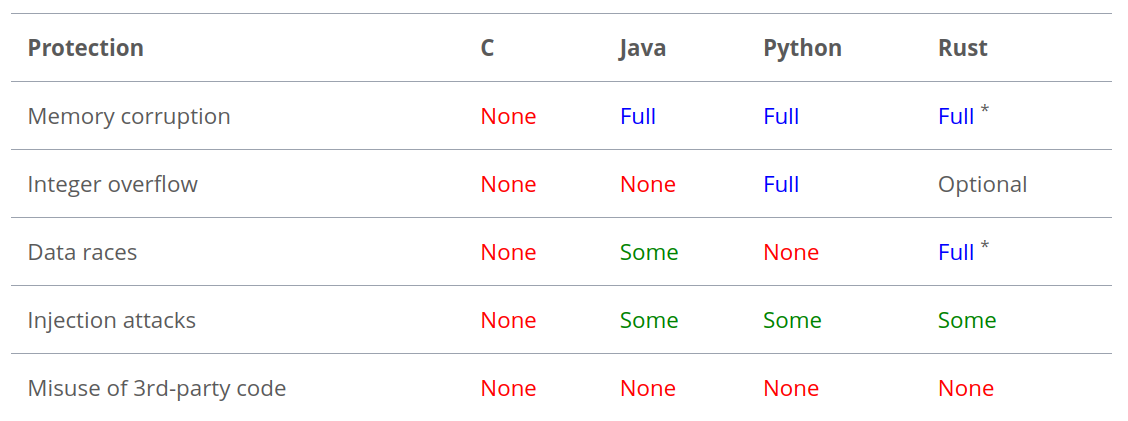Rust Programming
8144 readers
2 users here now
founded 6 years ago
MODERATORS
201
202
203
204
205
206
1
Rust Vulnerability Analysis and Maturity Challenges. Software Engineering Institute (SEI)
(insights.sei.cmu.edu)
207
1
Rust Software Security: A Current State Assessment. Software Engineering Institute (SEI)
(insights.sei.cmu.edu)
208
209
3
There is no such thing as "consensual" C
(bafybeidjejxqpij2zzfuyedsheljawl7xesgwo5wer76ghd7fw7q3dpsja.ipfs.cf-ipfs.com)
210
211
212
213
214
215
216
217
218
219
220
221
222
223
224
225



